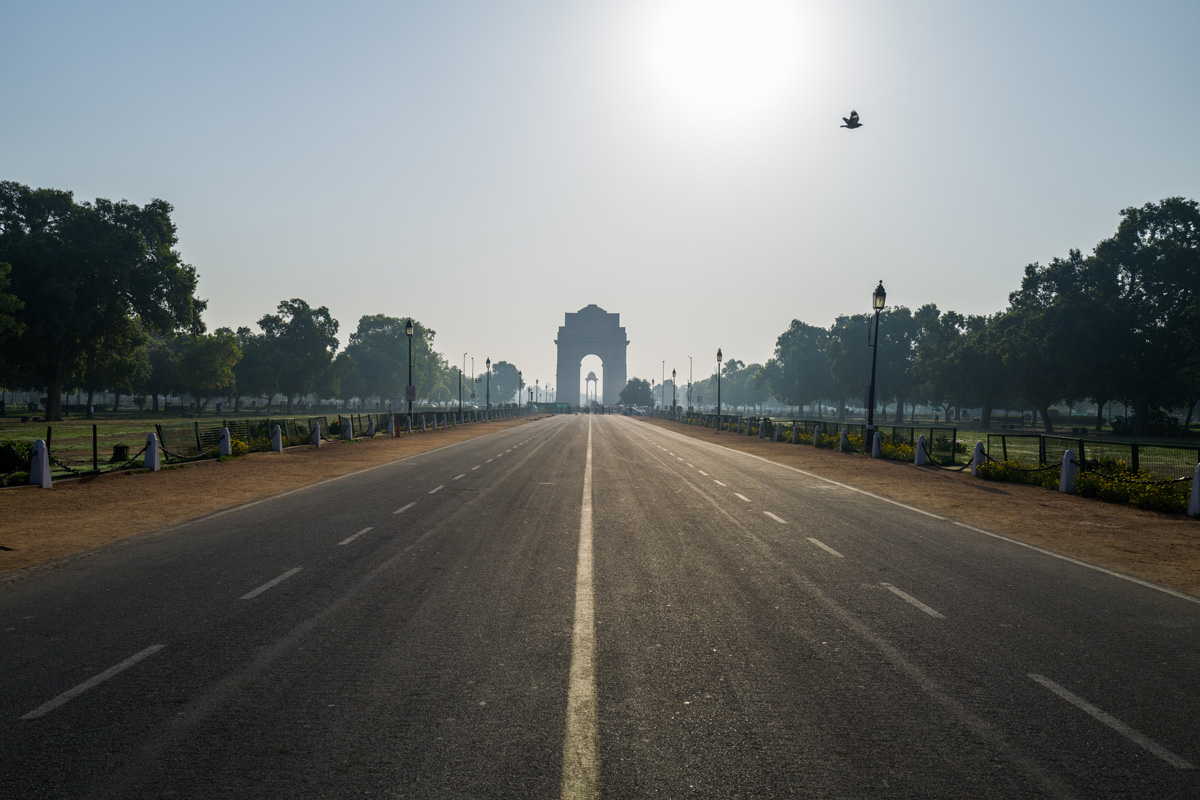New Delhi may have reason to feel relieved at finding its name missing from a list of countries deemed by the United States to be of “particular concern” in terms of religious freedoms offered to citizens.
In a statement issued this week, US Secretary of State Mike Pompeo designated Pakistan, Iran, China, Nigeria, North Korea, Saudi Arabia, Turkmenistan, Tajikistan, Myanmar and Eritrea as countries that engage in or tolerate “systematic, ongoing, egregious violations of religious freedom” under the country’s International Religious Freedom Act.
Advertisement
While nations on the blacklist must make improvements or face sanctions, including loss of US government assistance, the administration is empowered to waive such actions if necessary, as it does with allies such as Saudi Arabia. The US Commission on International Religious Freedom, which recommends the designations to the administration, had downgraded India to its lowest ranking in its report earlier this year, a summation that New Delhi had rejected at the time.
The Commission is a bipartisan body comprising nine commissioners, two of whom are appointed directly by the President, three by his party, and four by the leader of the Opposition in Congress. India’s closeness to the Trump administration appears to have earned it a reprieve in the final determination, thus helping it avoid the opprobrium of sharing marquee space with the likes of Pakistan, China, Saudi Arabia and Myanmar.
While the designation is routinely dismissed by those targeted, it is an embarrassment that is best avoided. New Delhi thus has reason to be pleased and must hope it stays off the list next year too, when a Biden administration will be in office and may be less tolerant of the multitude of love-jihad legislations initiated by various state governments.
Not so Islamabad, which was told that the “systematic enforcement of blasphemy and anti-Ahmadia laws, and authorities’ failure to address forced conversions of religious minorities ~ including Hindus, Christians, and Sikhs ~ to Islam, severely restricted freedom of religion or belief.”
The US report noted that nearly 80 people were imprisoned for blasphemy in Pakistan, with at least half facing either a life sentence or death. While China and Iran have featured on earlier lists, Nigeria has been included for the first time.
Comoros, Cuba, Russia and Nicaragua have been added to a special watch list, while Sudan and Uzbekistan have been removed from the list because of “concrete progress” made by their governments over the past year.
In a statement, the State Department said: “Where religious freedom is absent, terrorism and violence fester. Our advocacy for religious communities abroad helps to ensure the protection and prosperity of Americans at home.”
Describing religious freedom as America’s first freedom, Mr Pompeo said, “When we, each of us, can worship freely and openly discuss the eternal questions of the soul, we can understand how we ought to live our lives ~ both individually and as a society”.
These are pious sentiments, but clearly not the cornerstone of American foreign policy.
